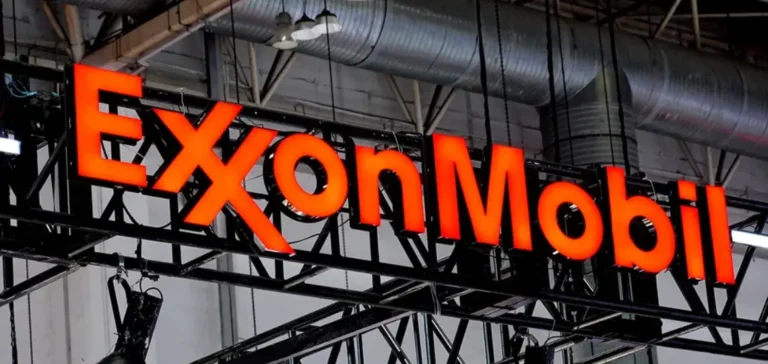ExxonMobil has filed a lawsuit against the State of California in an attempt to halt the implementation of two climate disclosure laws adopted in 2023. These laws require companies operating in the state to report their full carbon footprint, including supply chain emissions, as well as financial risks related to climate change.
ExxonMobil cites violation of free speech
In its complaint filed with the U.S. District Court for the Eastern District of California, ExxonMobil claims that the laws force companies to promote an ideological message they do not support. The oil company argues that these transparency requirements infringe on the First Amendment of the U.S. Constitution by compelling corporate speech aligned with the state’s policy stance. It is seeking a court injunction to stop the laws from taking effect.
The Climate Corporate Data Accountability Act, also known as Senate Bill 253, requires companies with more than $1 billion in annual revenue in California to disclose Scope 1 and 2 emissions starting in 2026, and Scope 3 emissions in 2027. The legislation is expected to apply to around 5,344 companies. The second law, Senate Bill 261, mandates that roughly 10,000 companies generating at least $500 million in annual revenue disclose climate-related business risks beginning in 2026.
Dispute over reporting methodology and legal framework
ExxonMobil argues that the state cannot impose disclosure standards beyond those required by the U.S. Securities and Exchange Commission (SEC) under the 1996 National Securities Markets Improvement Act. The company also contends that California lacks jurisdiction to mandate disclosures covering assets located outside its borders.
The lawsuit challenges the mandatory use of the Greenhouse Gas Protocol, a methodology developed in the 1990s by the World Resources Institute and the World Business Council for Sustainable Development. ExxonMobil claims the protocol favours absolute emissions metrics rather than efficiency, which penalises large corporations and allows smaller, less efficient firms to fill production gaps.
Ongoing legal challenges from business groups
This lawsuit comes as a similar case, filed by the U.S. Chamber of Commerce and other business groups, remains pending before the Ninth Circuit Court of Appeals. In September, a federal district court in California denied those plaintiffs’ request for an injunction. That case also raised free speech arguments.
According to figures published by the Greenhouse Gas Protocol’s organisers, 97% of S&P 500 companies used the framework in 2023 to report emissions. ExxonMobil, however, maintains that mandatory implementation of the protocol distorts market competition.






















